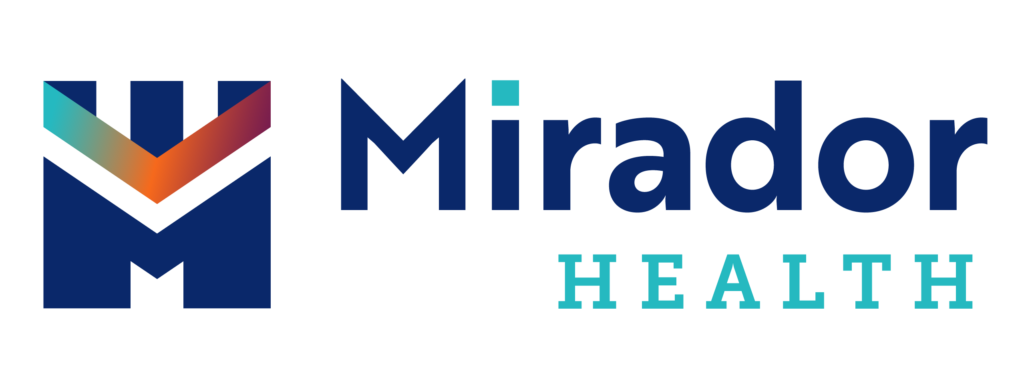Using Technology to Expand the Reach of Infection Prevention
As COVID-19 continues to rock the healthcare world, workers are finding new ways to be creative with resources and technology to overcome challenges while keeping staff and patients safe.
In recent news,1 CMS laid out new requirements for Infection Preventionists (IPs) in its updated guidance to surveyors for nursing homes, requiring facilities to have at least a part-time IP onsite. However, the expansive scope of the role combined with increasing demands has experts concerned.
“To me, part-time isn’t even enough and most IPs that I talked to have told me that part-time isn’t enough because the role is so large,” Dr. Buffy Lloyd-Krejci, founder of consulting firm IPCWell told SNN. “There’s so much that’s involved in this role.”
Further, Karen Jones, clinical research coordinator at the University of Michigan, told Skilled Nursing News that “[She] has seen turnover in this role climb to 40% during the pandemic.”
So, then: what can we do? Mirador’s sanitization solution automates the work of sanitization tracking, providing actionable reports that can help ease the burden of IPs who are stretched thin. Our flexible solution can be used in a variety of acute and post-acute settings, alleviating burdensome manual tracking for IPs and staff of skilled nursing facilities (SNFs), inpatient rehabilitation facilities (IRFs), long-term acute care facilities (LTACs), hospitals and more! Our system can be further configured to a multitude of teams, departments, and floors – and can be anonymized if desired – to ensure that the data your facility generates regarding sanitization events and missed opportunities is at your fingertips 24/7. Data collected can be used to ensure users are sanitizing when entering/exiting rooms – and when they’re not – as well as how often each dispenser is used throughout the day, building “heat maps” of activity throughout monitored areas.
Additionally, Lloyd recommends sharing the load, to “have multiple people working on infection prevention to ‘ease the burden’ on just one person.” Lloyd also encourages the industry to look at expanding the role to more than just nurses.
We have found that it is critical for teams to have a sense of shared responsibility, and to ensure all staff are focused and prioritizing infection prevention. While staffing teams explore creative ways to fill the IP role, we believe it is also critical that EVS and Facilities teams take an early and active role in managing a Mirador system. Mirador Guardian TM dispensers monitor not only user behaviors, but the health of the dispenser itself. Battery life, liquid volume usage, and dispenser network connectivity are all monitored around the clock. This not only relieves a burden from an (likely over-extended) Infection Preventionist, but also ensures that EVS and Facilities teams take a proactive role in replenishing those batteries or liquids – saving them time and resources, too!
G1 dispensers have captured data demonstrating daily hand hygiene as well as missed opportunities, and the initial 8 weeks of physician hand sanitation event data captured successfully established our proof of concept.
The pilot has now been expanded to nursing teams and we will continue to organically capture sanitization events within a broader departmental scope. We are excited to learn what this next phase will bring!
-
1. Skilled Nursing News July 2022.
